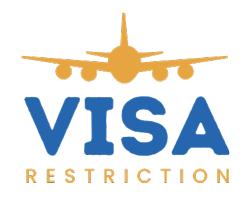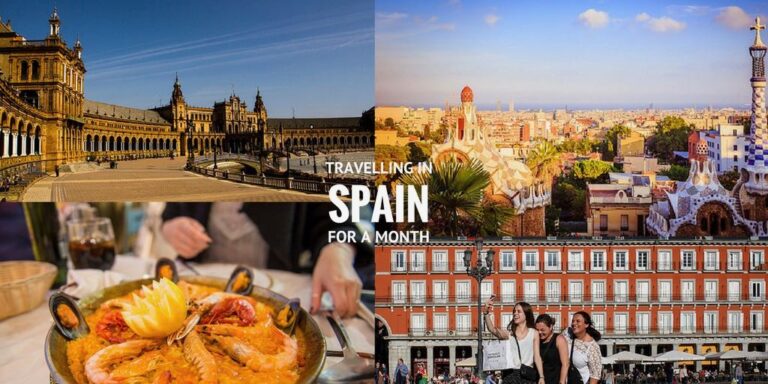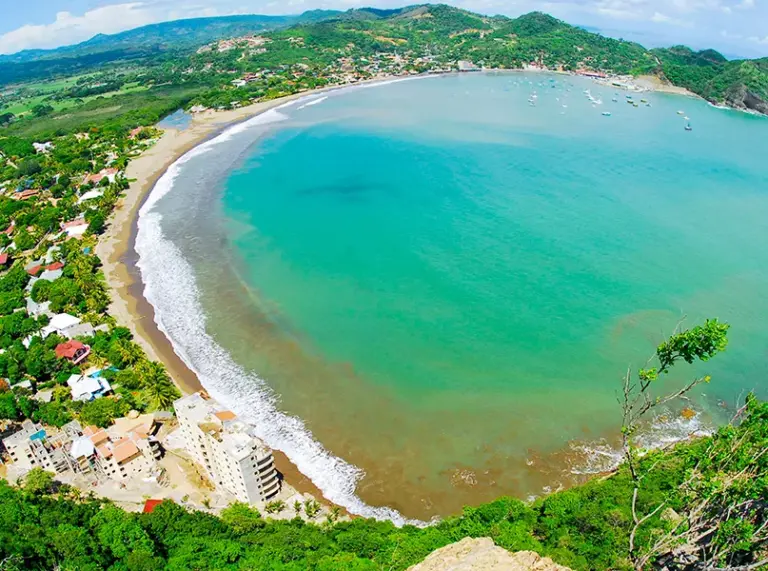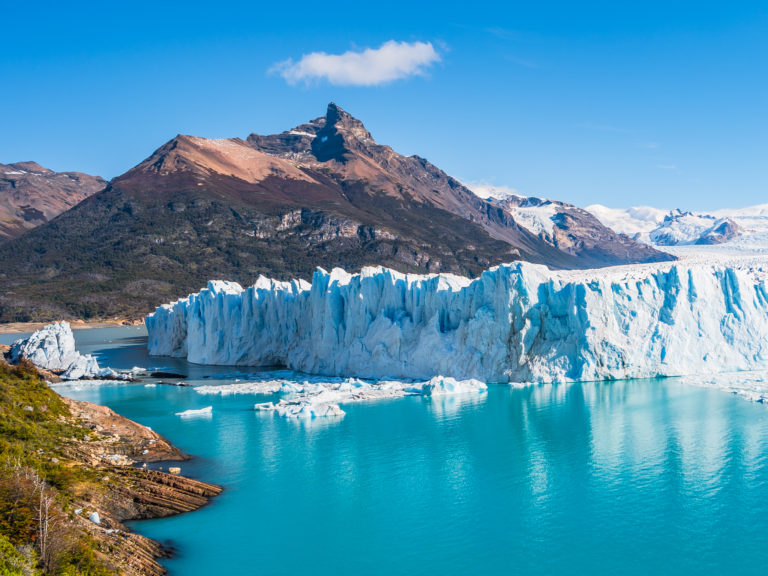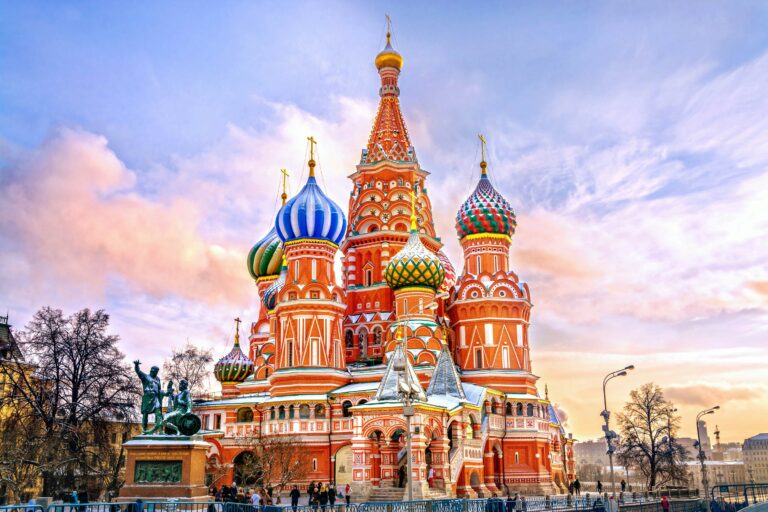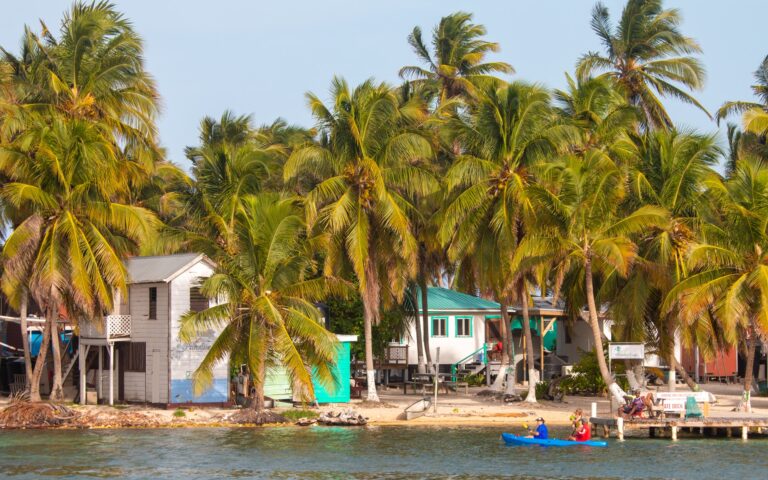Is Ghana Safe to Travel: Visitor Information
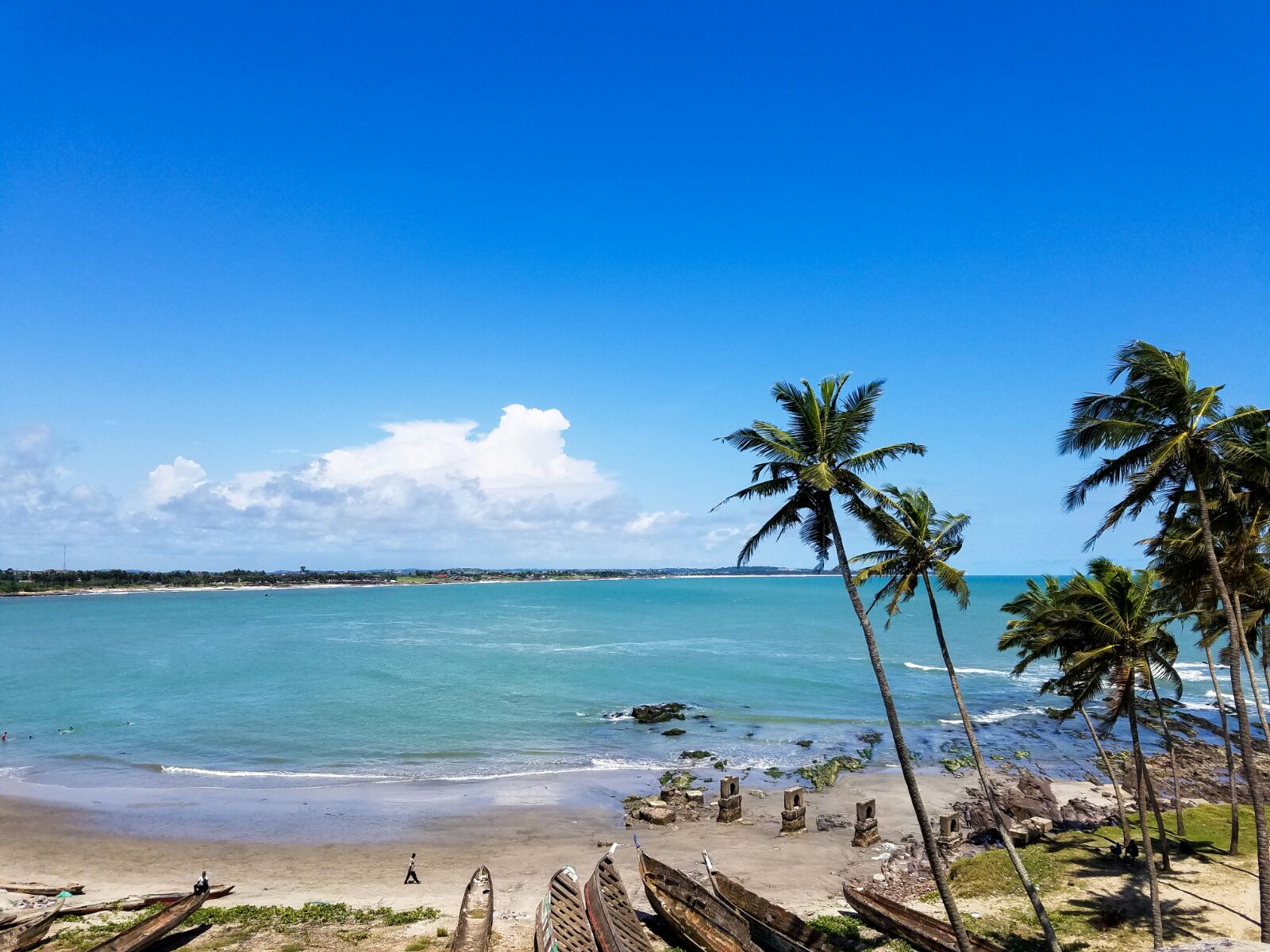
Safety in Ghana: What You Should Know
Planning a trip to Ghana requires understanding the safety aspects of the country. Here’s what you need to know about travel advisories and considerations for the LGBTQI+ community.
Overview of Travel Advisory
Ghana is generally considered safe for tourists, but travelers should exercise caution due to certain risks. According to Travel.State.Gov, visitors are advised to be vigilant due to crime and occasional incidents of violence. Petty crimes such as pickpocketing and scams are common in busy marketplaces and tourist areas.
Having a visa is a requirement for tourists visiting Ghana, especially non-African or non-Caribbean tourists. While flights to West Africa can be pricey, booking in advance can often secure better prices.
LGBTQI+ Considerations
LGBTQI+ travelers should be particularly cautious in Ghana. The country has strict laws against same-sex intimate relationships, with penalties that include fines and incarceration. Public sentiment is largely unsupportive of LGBTQI+ identities, which has contributed to increased anti-LGBTQI+ rhetoric and violence.
| Safety Consideration | Details |
|---|---|
| Same-sex Relationships | Illegal, can lead to fines and incarceration |
| Public Sentiment | Largely unsupportive, with increased anti-LGBTQI+ rhetoric |
| Safety Incidents | Reports of targeted assault, rape, mob attacks, harassment |
Violence against LGBTQI+ individuals, including assaults, rape, mob attacks, and harassment, has been reported. Engaging in same-sex activity can result in prison sentences, and the social environment can be hostile (Smartraveller).
Given these risks, LGBTQI+ travelers are advised to exercise increased caution, avoid public displays of affection, and stay informed about local laws and societal attitudes.
For more information on safety in other destinations, you might find our articles on is it safe to travel to mexico and is it safe to travel to the dominican republic helpful.
Security Concerns in Ghana
When considering the question “is Ghana safe to travel?” understanding the security concerns can help you make informed decisions. Here’s what you need to know about crime hotspots and border areas, along with terrorism threats in Ghana.
Crime Hotspots
Crime is a significant concern in Ghana, especially in certain urban areas and along major highways. The cities of Accra, Kumasi, and Takoradi have reported higher instances of violent crime, including armed robbery, home invasions, and kidnapping. Street crime such as “snatch & grabs” and pickpocketing is also prevalent, particularly in crowded areas like markets and public transport stations.
| Crime Type | Location | Notes |
|---|---|---|
| Armed Robbery | Accra, Kumasi, Takoradi | High risk in large cities and surrounding areas |
| Home Invasions | Residential Areas in Cities | Increased in affluent neighborhoods |
| Street Crime | Markets, Public Transport Stations | Pickpocketing and “snatch & grabs” prevalent |
| Highway Robberies | Major Highways | Particularly at night, including routes from Kotoka International Airport |
Border Areas and Terrorism Threats
Security risks are higher in the northern border regions of Ghana, particularly those bordering Côte d’Ivoire, Togo, Benin, and Burkina Faso. These areas are recognized for heightened criminal activity and violence due to the presence of armed groups and militias. The capacity of Ghanaian authorities to control these border regions is limited, increasing the risk of terrorist attacks.
The threat from transnational terrorist groups active in West Africa has escalated. Terrorist organizations have targeted Westerners in nearby countries, including Burkina Faso, Niger, Benin, and Mali (Travel.State.Gov). These extremist groups are known for exploiting the weaker security infrastructure and pose a risk to travelers.
For more context regarding travel risks in other regions, you might find it helpful to read about travel safety in various other countries:
Understanding these security concerns can help you better prepare and take necessary precautions for your trip to Ghana. Always stay informed and remain cautious, especially if you plan to visit these critical areas.
Crime Trends and Risks
Traveling to Ghana offers unique experiences and rich cultural engagements. However, understanding the potential crime trends and risks is essential for a safe journey. From violent offenses to common scams, travelers should be well-informed.
Violent Crimes
Violent crime in Ghana has seen an uptick in recent years, especially in larger cities such as Accra, Kumasi, Takoradi, and their surrounding areas. These crimes can include armed robbery, home invasions, and kidnapping. Visitors should remain vigilant, particularly at night and in isolated areas.
Key concerns include:
- Armed Robbery: Common in highways and isolated areas, often targeting vehicles coming from Kotoka International Airport (Travel.State.Gov).
- Home Invasion: Increasingly reported in residential areas in major cities.
- Kidnapping: A growing threat, particularly in urban areas.
| Year | Homicide Rate (Per 100,000) |
|---|---|
| 2008 | 1.2 |
| 2015 | 2.1 |
| 2021 | 2.7 |
Statistics show a rise in the homicide rate, indicating trends in violent crime over the years.
Scams and Petty Crimes
Petty crime and various types of scams are also prevalent in Ghana. These can range from minor thefts to elaborate fraud schemes, often targeting unsuspecting tourists.
- Street Crime: Common in crowded markets, beaches, parks, and tourist sites. This includes pickpocketing, purse snatching, and theft of luggage, with frequent attacks by individuals on motorbikes.
- Scams: Internet scams originating in West African countries are rife. These can include commercial fraud, relationship scams, and even criminals posing as officials to extort money. It’s advisable to be cautious of unsolicited offers and consult legal advice if needed.
Common Scam Types:
- Commercial Scams: Fake business deals, investments, and fraudulent sales.
- Relationship Scams: False romantic relationships set up to extort money.
- Impersonation: Scammers posing as officials to detain or extort travelers, especially at the airport.
To stay informed and cautious, check out our detailed safety tips and travel precautions by visiting our guide on personal safety measures and advice.
By staying aware of these crime trends and taking appropriate precautions, you can ensure a safer and more enjoyable trip to Ghana, just as you would when considering travel to other destinations like is it safe to travel to egypt or is it safe to travel to china.
Safety Tips for Travelers
Traveling to Ghana presents unique opportunities and experiences. While Ghana is generally peaceful, it is essential to adopt safety measures to ensure an enjoyable and secure trip. Here are some personal safety measures and travel precautions you should consider.
Personal Safety Measures
Your safety is paramount when exploring Ghana. By adopting a few personal safety measures, you can mitigate potential risks.
- Stay Alert in Crowded Places:
- Petty crimes like pickpocketing and purse snatching are common in crowded markets, beaches, and parks. Always keep your belongings secure and stay vigilant.
- Avoid Isolated Areas at Night:
- Violent crimes, such as carjacking and street mugging, can occur, especially at night. Avoid isolated locations and be mindful of your surroundings during nighttime.
- Secure Your Valuables:
- Keep your personal items, like passports, money, and electronics, in a secure location. Use hotel safes where available and avoid displaying valuables.
- Use Reputable Transport Services:
- While traveling within cities like Accra, opt for reputable transport services. Avoid public transportation at night and schedule airport pick-ups in advance.
Travel Precautions and Advice
Taking practical travel precautions can help ensure your trip is safe and enjoyable.
- Register with Your Embassy:
- Before traveling, register with your home country’s embassy or consulate in Ghana. This allows the embassy to contact you in case of emergencies.
- Understand Health Risks and Immunizations:
- Ensure you are up-to-date with necessary vaccinations and health advisories specific to Ghana. It’s essential to carry a basic first aid kit and any prescription medications you may need.
- Be Cautious with Financial Transactions:
- Scams, including credit card and ATM fraud, are prevalent in Ghana. Use ATMs located in reputable banks or hotels and monitor your account for unauthorized transactions.
- Use Authorized Dealers for Currency Exchange:
- Exchange money with authorized dealers only. Avoid street currency exchange vendors to prevent receiving counterfeit bills.
- Limit Night Travel:
- Avoid traveling at night, especially on highways. Incidents of armed robbery have been reported, particularly at night on the roads leading out of Kotoka International Airport.
- Remain Skeptical of Unsolicited Offers:
- Be cautious with unsolicited business offers, particularly those related to the gold industry. Online romance scams and unsolicited emails are common in Ghana (Travel.gc.ca).
- Share Your Itinerary:
- Inform family or friends of your travel plans, including accommodation details and expected contact times. This practice provides an added layer of security (The Canadian African).
- Consider Working with a Travel Agency:
- For solo travelers, it may be beneficial to work with a travel agency that offers safe drivers and vetted accommodation options. This can enhance the safety of your trip (The Canadian African).
By adhering to these safety tips, you can enjoy all that Ghana has to offer while minimizing potential risks. For more insights on traveling safely, check out our articles on other destinations like is it safe to travel to Mexico and is it safe to travel to Turkey.
Health and Well-being in Ghana
Ensuring your health and well-being is paramount when considering “is Ghana safe to travel.” Proper preparation can make your trip enjoyable and significantly reduce health risks.
Vaccinations and Health Tips
Before traveling to Ghana, it is strongly recommended that you visit a travel clinic to obtain necessary vaccines and medications. Consulting with healthcare professionals who specialize in travel medicine can provide tailored advice based on your health status and travel plans.
Recommended Vaccinations:
- Yellow Fever – Mandatory for all travelers.
- Malaria Prophylaxis – Anti-malarial medication is crucial as malaria is prevalent in Ghana.
- Typhoid Vaccine – Either oral or injectable.
- Hepatitis A and B Vaccines – Highly recommended.
- Meningitis Booster – Depending on the time of year and region you are visiting.
| Vaccine | Required/Recommended | Notes |
|---|---|---|
| Yellow Fever | Required | Certificate needed for entry. |
| Malaria Prophylaxis | Recommended | Consult for the right medication. |
| Typhoid | Recommended | Oral or injectable. |
| Hepatitis A & B | Recommended | Consider if not previously vaccinated. |
| Meningitis | Recommended | Especially if traveling during peak seasons. |
For more detailed advice, it’s crucial to check with a healthcare provider. They can also provide guidance on general health precautions, such as staying hydrated, avoiding street food, and using mosquito repellents.
Weather and Climate Awareness
Ghana’s tropical climate means it is warm year-round, but it does experience distinct wet and dry seasons. Understanding the seasonal weather patterns can help you pack appropriately and prepare for your trip.
Seasons in Ghana:
- Rainy Season: June to August.
- Dry Season: December to February.
- Variable Climate: Hot throughout the year, occasional rains in other months depending on the location.
| Season | Months | Characteristics |
|---|---|---|
| Rainy Season | June – August | Heavy rains, potential flooding. |
| Dry Season | December – February | Hot and dry, less humidity. |
| Mixed Months | March – November | Hot with occasional rain. |
Weather Tips:
- Clothing: Wear light, long-sleeved shirts and trousers to protect against mosquito bites and the sun.
- Mosquito Repellent: Essential for protection against mosquito-borne diseases, like malaria.
- Flood Precautions: Natural disasters like flooding are more common during the rainy season from May to October. Stay informed about weather alerts and ensure your travel plans are flexible in case of service disruptions or road closures.
To further ensure your safety and well-being, stay updated with local weather forecasts and follow all health and safety guidelines. For detailed advice on handling severe weather conditions, check the Global Disaster Alert and Coordination System.
Should you have any other destinations in mind, check our articles like is it safe to travel to kenya or is brazil safe to travel.
Travel Risks and Cautions
When considering is Ghana safe to travel, it’s crucial to be aware of potential risks and cautions. This guide highlights important aspects such as kidnapping and terror alerts, as well as natural disasters and travel safety.
Kidnapping and Terror Alerts
Kidnapping incidents occur across Ghana, with an elevated risk in northern Ghana, particularly in the Upper West and Upper East regions. The motivations behind kidnappings can range from political or ideological to purely criminal, with scammers potentially seeking ransom for their captives (Smartraveller).
| Region | Risk Level | Cause |
|---|---|---|
| Northern Ghana (Upper West & Upper East) | High | Political/Ideological Scams |
| Border Areas (Côte d’Ivoire, Togo, Benin, Burkina Faso) | High | Armed Groups/Militias |
The threat of terrorism is also significant, especially in areas bordering Côte d’Ivoire, Togo, Benin, and Burkina Faso. Transnational terrorist groups active in West Africa have targeted Westerners in these regions, and the limited capacity of Ghanaian authorities to control borders exacerbates the risk. The potential for terrorist attacks is heightened in these northern locales, with threats capable of arising unexpectedly.
Be especially vigilant in northern areas and border regions. Reconsider your need to travel to areas prone to civil unrest and political tension, and be cautious of banditry involving passenger buses, which have resulted in incidents of injury and death.
Natural Disasters and Travel Safety
While natural disasters such as earthquakes and volcanic eruptions are uncommon in Ghana, the country does experience seasonal weather-related challenges, particularly during the rainy season. Travelers should be conscious of the potential for flooding and landslides, especially in regions with inadequate infrastructure.
| Season | Potential Hazards |
|---|---|
| Rainy Season (April – November) | Flooding, Landslides |
To stay safe, monitor local news for weather updates and heed any warnings issued by local authorities. Be prepared for potential disruptions to travel plans, particularly when traveling during the rainy season. Assess the condition of roads if planning to drive, and avoid areas prone to flooding.
By taking these risks and cautions into account, you can better prepare for your trip to Ghana. For additional travel advice on tropical destinations, explore our articles on is it safe to travel to Costa Rica, is Cuba safe to travel, and is Peru safe to travel to. Stay informed and take the necessary precautions to ensure a safe and enjoyable journey.
